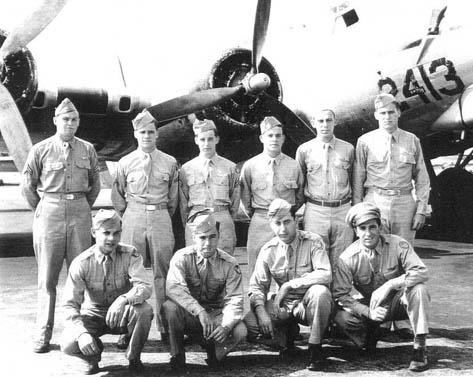75
Years Ago—Apr. 8, 1940: Gallup poll: 84% of Americans want Allies to win, 2% want German victory, only 23% want US to join war.
I
found the above information quite interesting.
On second thought, realizing how many Americans in the area where I was
raised were only 1 generation from being born in German, it is almost
surprising that more were not still supporting their “vaterland.” I remember,
as a child, hearing German spoken by many elderly outside of church. This was
at least 10 years after the end of the War.
---- Wonder what would have
happened if anyone spoke Japanese!
On a happier note, I received two birthday
gifts from my oldest daughter over the weekend. (My birthday is in Feb.---she
takes after her mother!) So excited to
read both books. Kristine heard a discussion on NPR about When Books Went to War, and thought of
my love of history and reading. She
ordered The Immortal Wife because it
was one of the books that caused protests from some that the government was
dispersing lewd, licentious literature to our troops!
I opened The
Immortal Wife randomly. The first
line I read was a reference to General Winfield Scott. For most, this would
mean zip, but we lived in Ft. Scott, Kansas for twenty years, and all of our children
attended kindergarten at Winfield Scott Elementary School. Amazing the connections our lives have. Kind of like the way different people in my
book Just Doin’ Our Duty (trying to
get professionally published) came to my attention, and had to be included.
This book was not
pictured on Amazon. So happy Kristine gave me the “Armed Services Edition”
instead of the original. When I saw the
author was Irving Stone, I thought, What have I read that he wrote? How do I
know his name? He wrote The Agony and the Ecstasy: A Biographical Novel of Michelangelo which I read 50 years ago as a senior in high school.









